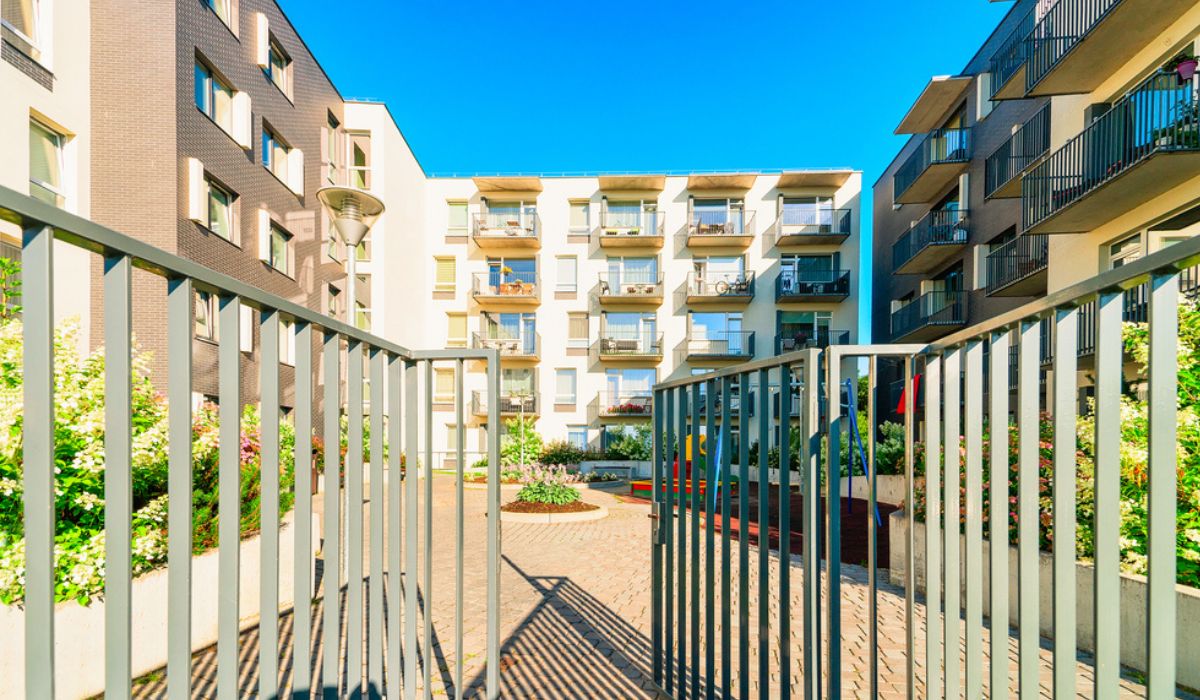Currently, India is transitioning towards electrification at a rapid pace by adopting electric vehicles on a larger scale to become a sustainable nation. However, this transition is highly dependent on the advanced EV infrastructure and how well they’re integrated into the local communities, like urban houses and gated communities. According to reports, in FY2024, the sales of electric vehicles crossed 1.7 million units, highlighting a robust boost. Meanwhile, currently, India has 25,202 working public charging stations for EVs, topped by Karnataka for deploying 5,765 charging stations, followed by Maharashtra and Uttar Pradesh for installing 3,728 and 1,989 charging stations, respectively. On the other hand, we could see the initiative taken by the Indian government in the past few years to promote the vast adoption of EVs. The Indian government aims to electrify 30% of the overall vehicles by FY2030. However, to achieve this aim, we need to focus on improving the charging infrastructure by integrating as many charging stations in the nation as possible.
See also: Impact of charging infra on EV adoption: Challenges for homebuyers in housing societies
The need for smart EV charging stations in urban housing
Today’s urban housing communities can play a crucial role in transforming the future of EVs in India. These gated communities house a large number of residents, most of whom own vehicles, making them ideal spots for installing smart charging infrastructure. Most people today seek apartments and communities that offer smart solutions. These modern amenities are largely preferred by GenX and millennials, who lead EV adoption. On the other hand, Gen Zs are also following their lead by shifting towards EVs driven by environmental concerns. However, some challenges fail to bridge the gap, such as high installation costs of the charging infrastructure, insufficient charging spots, and many more, especially in residential areas. Reports show that over 45 million square feet of real estate will be required to develop a proper charging infrastructure in the next five to six years. Notably, our country will need 3.9 million public and semi-public charging stations to maintain a ratio of one station per 20 vehicles. However, the ratio currently stands at one charging station per 135 EVs, far from the desired infrastructure target.
In the majority of the urban housing societies, residents face the challenge of proper charging infrastructure systems, due to which 51% of EV owners have shifted back to petrol or diesel-powered vehicles. However, to mitigate these challenges it is important to develop such smart charging infrastructure that can be managed remotely by every user. The technology should enable features like user verification, real-time monitoring of the system, and scheduling the charging time to make it a hassle-free experience. We believe that by integrating such innovation into urban housing societies and gated communities, we can ensure better connectivity to the users at their doorsteps and bridge the gap between consumers and EV adoption. According to the reports, India’s EV charging market is expected to grow at a CAGR of 46.5% by 2030. Moreover, the EV charging market is expected to achieve annual sales of 3 million units to meet the requirement for chargers by FY2030 for which various charging companies and urban developers have already started working on innovative solutions to integrate these solutions into gated communities.
Policy mandates transforming EV adoption
The various government initiatives, such as the National Mission on Transformative Mobility and Battery Storage, have helped promote the virtues of e-mobility in India and highlighted the importance of charging infrastructure development. Due to such efforts, currently, India has a network of over 25,202 public chargers. However, to ensure broader adoption, it is important to integrate the charging network with fast and efficient solutions. Government incentives such as the PM E-Drive program, alongside the advances in battery technology, have been key for this effort. Over the past 5 years, India has been making developments to boost the charging infrastructure in India, specifically through government initiatives consisting of FAME I&II and now PM E-Drive, which supports the improvement of charging infrastructure. The PM E-Drive seeks to address the important issue by installing around 48,400 fast chargers for electric 2- and 3-wheelers.
See also: Guidelines to implement EV charging stations in housing society in Maharashtra
On the other hand, several states have also launched various incentives and policies to boost the demand for EVs such as Maharashtra, Delhi, Andhra Pradesh, Karnataka, and Kerala. And, many more, promise to offer incentives to developers who will deploy private charging stations in the buildings. Additionally, some states have also participated in battery-swapping initiatives to promote the adoption of EVs. By introducing new schemes and policies, the government will not only benefit the EV charging manufacturers or the builders who will deploy them but also those moving towards a sustainable future with smart solutions and will help achieve the aim of shifting towards electrification.
-The author is Managing Director of Terra Charge India
| Got any questions or point of view on our article? We would love to hear from you. Write to our Editor-in-Chief Jhumur Ghosh at jhumur.ghosh1@housing.com |







